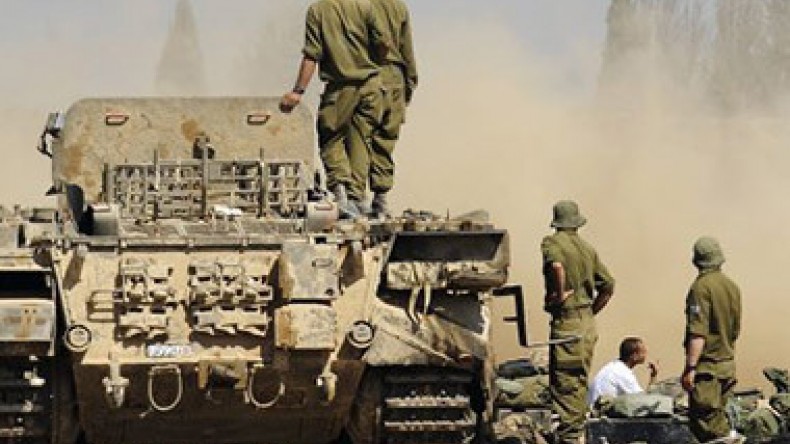
Israel not ready to sustain casualties – activist
Press TV has conducted an interview with Paul Larudee, co-founder of Free Palestine Movement from Berkeley, about the killing of three commanders of the Palestinian resistance movement Hamas by Israel.
Press TV: It seems that this time we are standing at a crossroads of sorts - are we not - where neither side is backing down. The resistance seems to be getting stronger in a sense.
Larudee: Yes I do not see any resolution coming that will satisfy either side. Hamas demands are very reasonable but they are not demands that have been met at any time since 1967 actually, because they are asking for relatively free access through the port and also the airport to the world, which is quite normal.
I mean any society has a right to that, and I do not think they would object to international supervision of what comes in and out according to protocols that can be established and have been established. They have been established in the past. Israel has agreed to establish protocols for international observers in Rafah for the traffic between Egypt and the Gaza Strip.
They had international protocols ... and they accepted the UNIFIL force there.
They even accepted our boat that went into Gaza in 2008 - the boat that I and others were on – and they accepted for Cyprus to inspect our boat and they accepted that this inspection was sufficient. Why is this protocol not acceptable to Israel now? It would work perfectly.
Press TV: When it comes to the resistance and its strength - and I know we have spoken about this before in the past as well - how important and how much of an obstacle do you think the strength of the resistance is for Israel and whatever its plans may be?
Larudee: I think the strength of the resistance is very important.
The fact that the resistance was able to inflict a significant number of casualties when the Israeli military did not penetrate as far as it might and take over the entire strip, I think, says that it could be very costly and Israel is not ready to sustain hundreds of casualties.
They showed in Lebanon that a significant number of casualties was enough to persuade them not to take over the south of Lebanon. So I think that there is a limit to what they are willing to accept.
Newsfeed
Videos






























